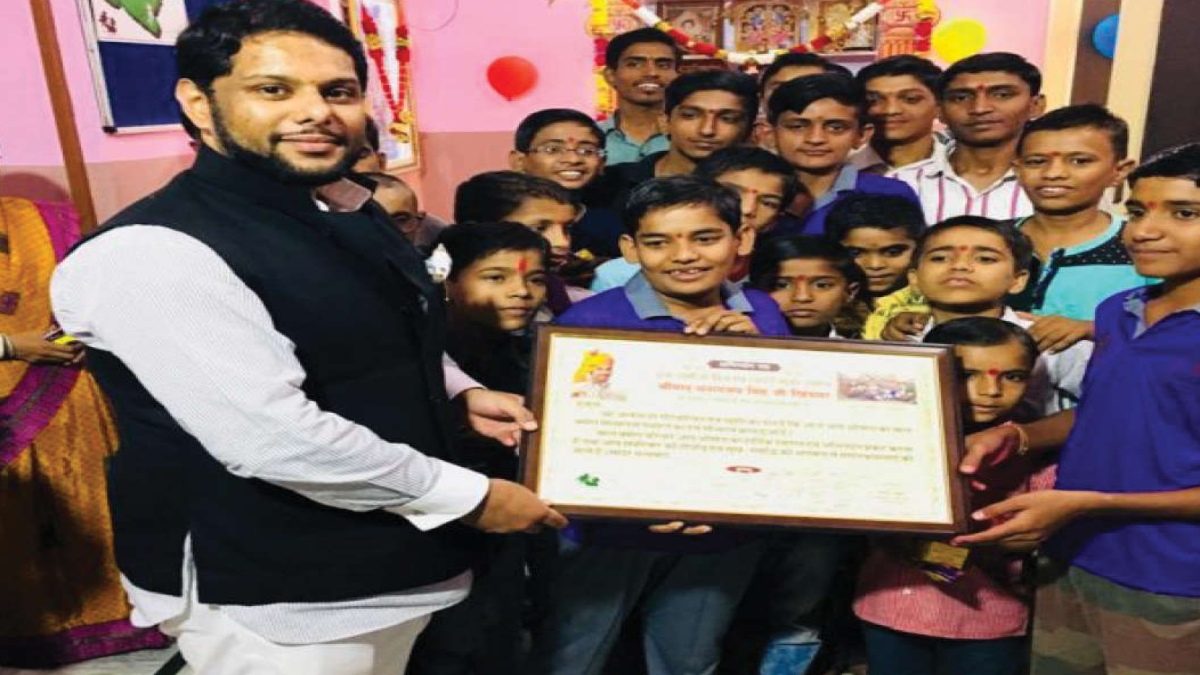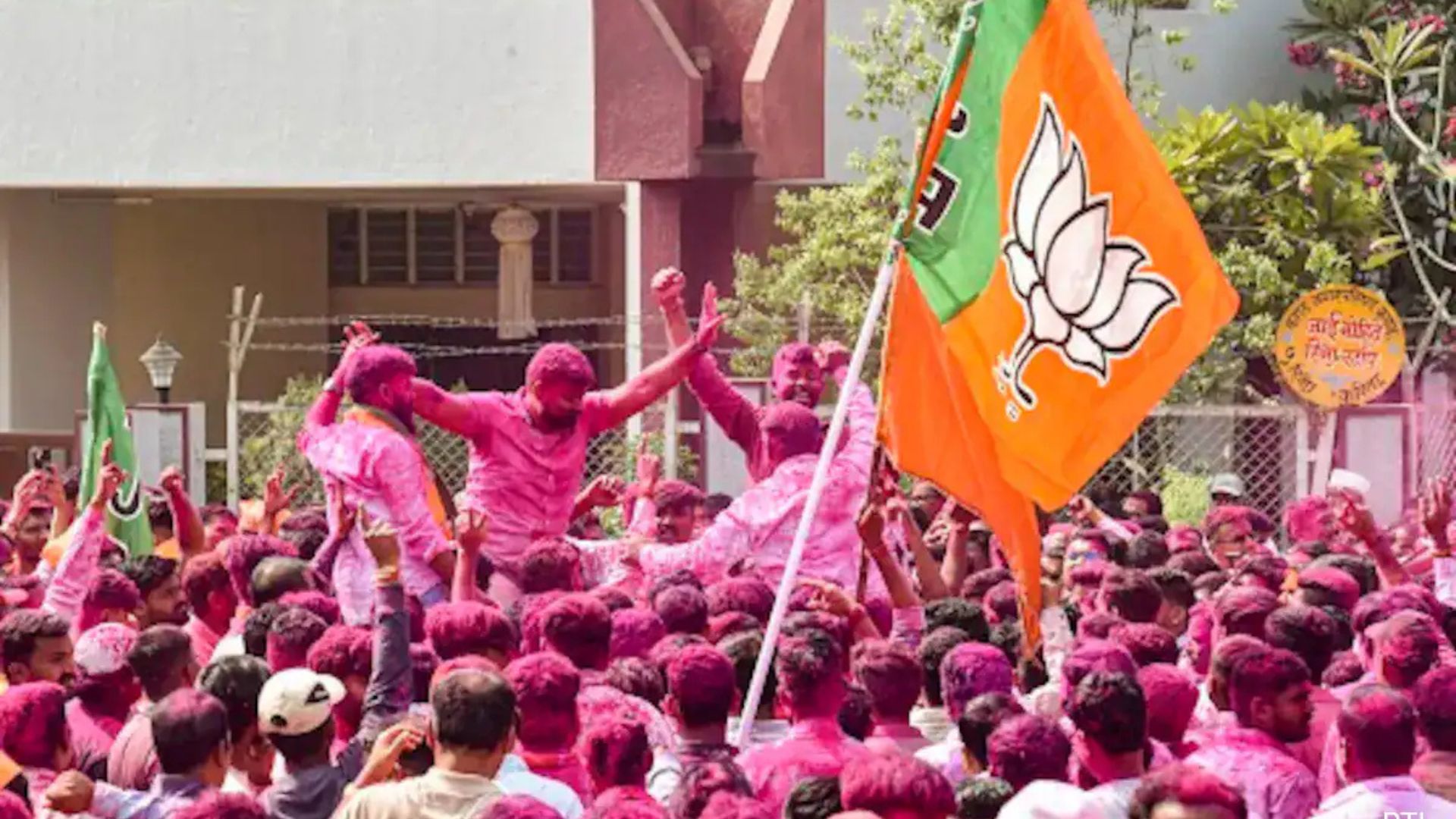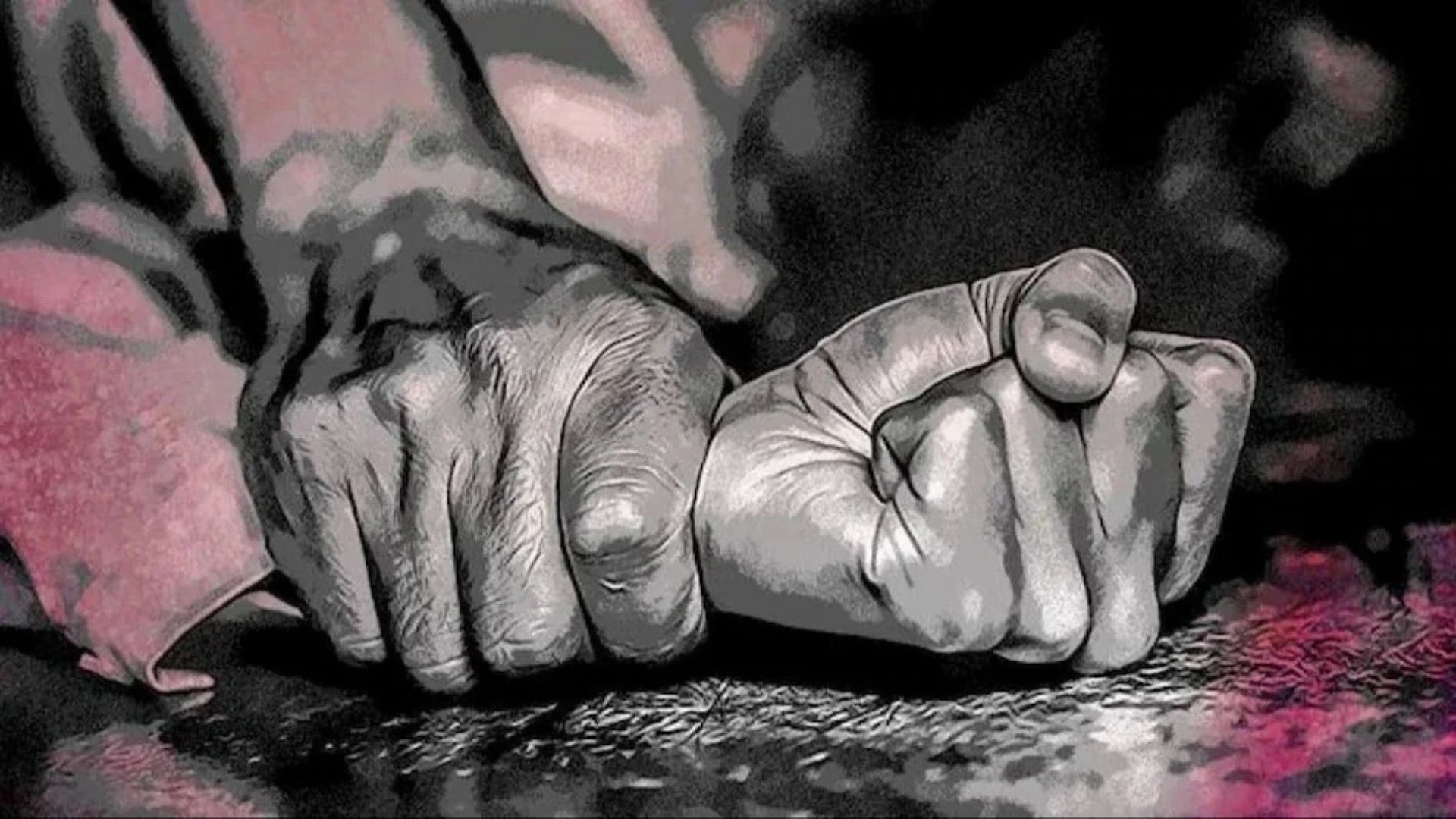
Amidst the famed season of opulent weddings, festivities, and gifting, I decided to dedicate this week’s column to a special cause of giving that hits home. Possibly because, amidst all the hustle and bustle that surrounds me, I intuitively imagine a rural household far away from here. One which prepares to give away its daughter in a similar betrothal ceremony, but is devoid of the means that we are privileged with. One which struggles to provide for the basic requisites of a wedding ceremony, while in the meantime our likes are more preoccupied with smaller frivolities, like which outfit to better match with the evening’s pair of shoes.





I don’t intend on sounding preachy when I would rather be celebrating the union of my cherished girlfriends with their better halves. Instead, my sense of revelry is multiplied through this act of introducing a philanthropic venture that my older sibling, Dhananjai Singh recently launched. After graduating from a Swiss Hotel School, Dhananjai returned to his ancestral home in Khimsar, where he felt an urge to help the local community. Despite numerous charitable organisations that concentrate on specific issues, he believed in a broader and more versatile scope of service. Moreover, considering the ever-increasing and multi-faceted problems encountered by people in rural India, this approach, according to him, would prove to be more feasible.
Thus, he conceived the Annadata Charitable Trust, a Khimsar-based foundation that has been impacting millions of lives through twelve projects and counting. Amongst these, Project Beera is the one project that finds immediate relevance to my opening paragraph. Titled as “Beera”, which ideally translates into a brother that can be relied upon, this project is exclusively dedicated to providing for financially disadvantaged families upon a marriage occasion. In the situation whereupon the typical financial providers of a family are deceased, the Annadata Charitable Trust steps in to contribute a minimal sum amount that helps substantiate the wedding ceremony.
This initiative is premised upon the idea that western parts of Rajasthan bear a socio-economic disadvantage in comparison to the rest of the state due to its starker landscape and harsher weather conditions. As a result of their accompanying economical limitations, a significant strength of its population struggles to make its daily ends meet. Added to that is the financial pressure wielded by sociocultural norms on the family members of prospective brides, and the brides themselves. After all, undertaking the costs of a wedding is a major live expense, thereby factoring itself into the prevalent reluctance suffered by the society towards the girl child. Added to that is the rampant prevalence of the bride’s family bearing most of the expenses, as compared to a more equal participation from the groom’s side. Such families are steeped in patriarchy, and more often than not, their male members continue to be the sole breadwinners. Such families are faced with desolation upon the death of a contributing member, or a misfortune that compromises their means to earn a livelihood, such as an amputating or handicapping accident.
In considering every person of the society as his own, founder Dhananjai Singh joins hands to reduce the gripping financial pressures of such households in rural belts of western Rajasthan. Within the past few months, his trust has helped partially sponsor over 19 weddings in the region and hopes to impact the lives of many more in the time to come.
Annadata Charitable Trust’s other projects help round its social impact goals with far-reaching objectives. Amidst the dreadful Covid-19 waves, the acute shortage of oxygen concentrators had cost many pandemic victims their lives. In this light, project Jeevandan has helped provide over fourteen oxygen concentrators to Rajasthan’s rural hospitals. Similarly, project Nivala addressed the needs of daily wage labourers, whose livelihoods and basic means to food had been placed under serious threat amidst the consecutive lockdowns. Over 14,000 food and ration packets had been distributed to help alleviate mass hunger and deprivation.
In the sphere of women and child development too, the Annadata Charitable Trust joins hands to provide for free menstrual healthcare. Project Garima in particular has helped generate the distribution of over 5000 sanitary towels and aims to spread better awareness around their safe usage. Furthermore, project Bhavishya gears itself to sponsor school kits for underprivileged children who lack basic schooling resources. It has also provided tricycles to help mobilise the specially-abled, and in the incidence of a fire hazard, provides one-time monetary support to a household of such misfortunes. Other drives include sapling plantation drives for environmental awareness, as well as the provision of water-containing canisters for households in more barren localities.
Inspired, determined and resolute, the trust’s founding figure, Dhananjai Singh intends to multiply this existing impact in the near future. “We at the Annadata Charitable Trust focus on instilling hope in the people of rural Rajasthan for a better tomorrow. We direct our goals towards active participation in various social and political programs to develop our region. When it comes to delivering effective and accountable services, we identify a genuine solution by serving at a more micro level. We intend to solve the problems in Rajasthan’s day-to-day lives who fall below the poverty line by facilitating holistic growth and aiming at their common welfare”, he concludes.















